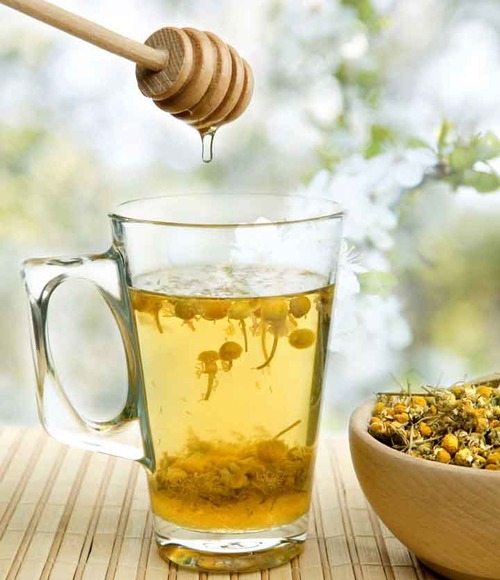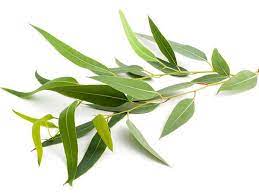As we face winter, the unfortunate reality of facing multiple respiratory conditions arises. Utilzing herbal remedies is something to consider. The increase of COVID-19 has once again reared its ugly head, along with RSV (respiratory syncytial virus). Medical care from professionals is always encouraged as front line care in addressing these two diseases due to the potential of their severity. Certain herbal remedies derived from natural ingredients may be beneficial when confronting two other respiratory illnesses, the flu and the cold.
Distinguishing a cold from the flu is relatively simple; colds generally cause milder symptoms with a gradual onset while the flu is often more intense with a sudden onset of fever, headaches and severe body aches. Getting an annual flu vaccine is the single best prevention against the flu.
Herbal Remedies for Respiratory Illneses
There are multiple herbal preparations that can help with respiratory illnesses. One such herbal remedy is found in eucalyptus. Eucalyptus oil is beneficial when inhaled via steam or topically applied as a vapor rub. The menthol rub applied to the chest offers symptomatic relief through its cooling sensation. Eucalyptus has known to have both antiviral and anti-inflammatory properties. Eucalyptus is often found in herbal teas as well.
Honey is very beneficial with respiratory concerns. Its antioxidant and antibacterial effects help combat infection and speed healing. For colds and flu, the World Health Organization (WHO) recommends taking one to two tablespoons of honey per day. For those with diabetes, one should be concerned with the additional sugar. The rich supply of enzymes found in honey helps tissue repair following coughing.

Quercetin is an antioxidant flavonoid that offers strong anti-inflammatory and antihistamine properties. According to the National Institute of Health, flavonoids in general potentially possess a number of medicinal benefits, including anticancer, antioxidant, anti-inflammatory, and antiviral properties. Quercetin can naturally be found in onions, olive oil, apples, blueberries, tomatoes. and citrus fruits. Histamines are compounds released by the immune system during an allergic reaction and triggers symptoms like a stuffy nose and watery eyes in reacting to the reaction. Quercetin prevents immune cells from releasing histamines, curtailing the process.
How Histamines are Released
The histamine process is an intriguing one. A chemical signal, is sent to the lungs or nose for example asking to release histamines to be released in the mast cells. Once released, histamines help blood flow to the adversely affected area. The increased blood flow in turn causes inflammation. In the case of one’s nose, more mucus is produced causing a runny nose. Quercetin can help immune cells from releasing histamines. Quercetin is available as a supplement. General dosing ranges from 200- 500 mg twice daily between meals. Vitamin C helps enhance the compound’s absorption and efficacy and should be taken daily with the quercetin. Quercetin is not a supplement that one puts into their daily routine indefinitely. A period of 12 weeks is typical, the time frame allowing for the body to naturally return to homeostasis. Taking the supplement should then cease.
To help reduce transmission of colds and influenza, cover coughs, wear a mask in public indoor settings, and practice social distancing whenever possible is good practice. Frequent handwashing provides another layer of protection against colds.
All of above is for information only, and is not to be taken as medical advice. Please see your medical doctor for formal advice.
Barry Schustermann
Follow me on X @ BarrySchust
Follow me on Facebook @Barry Schustermann



